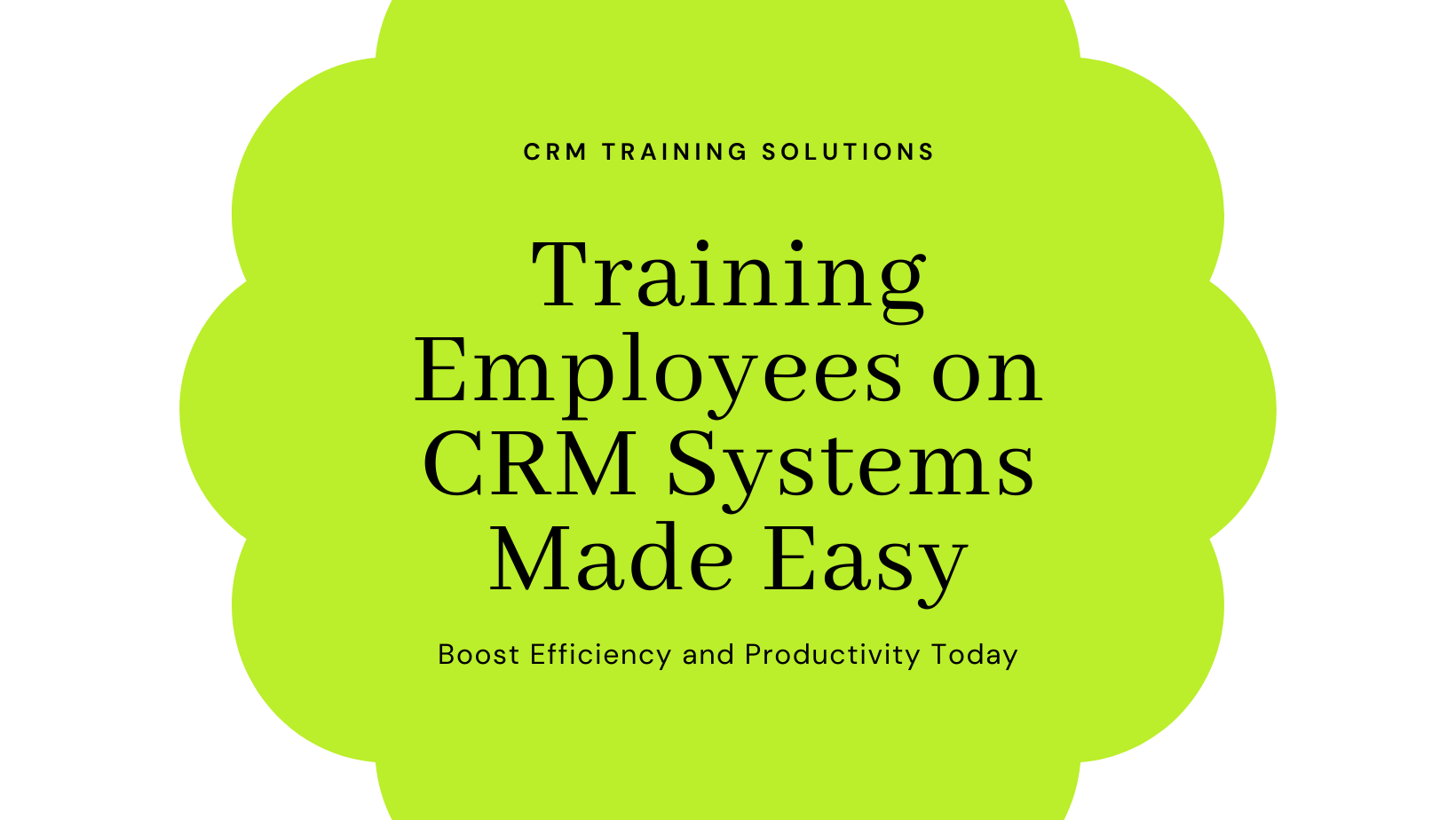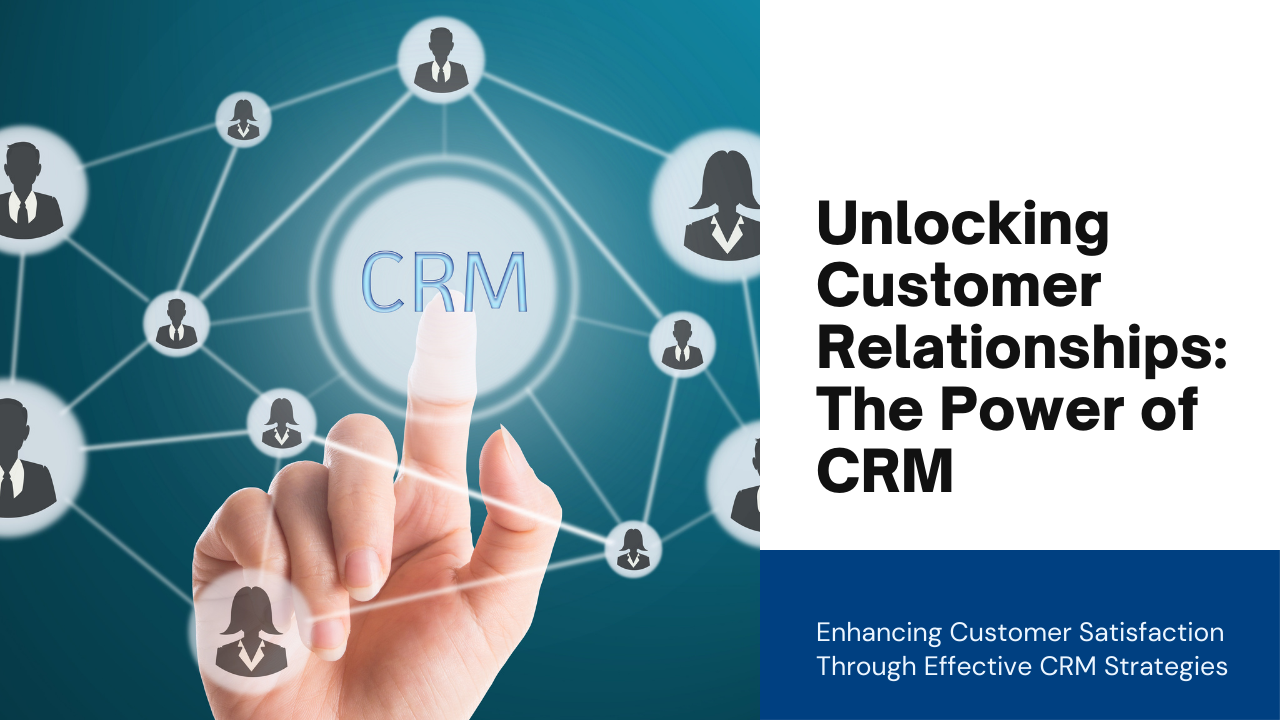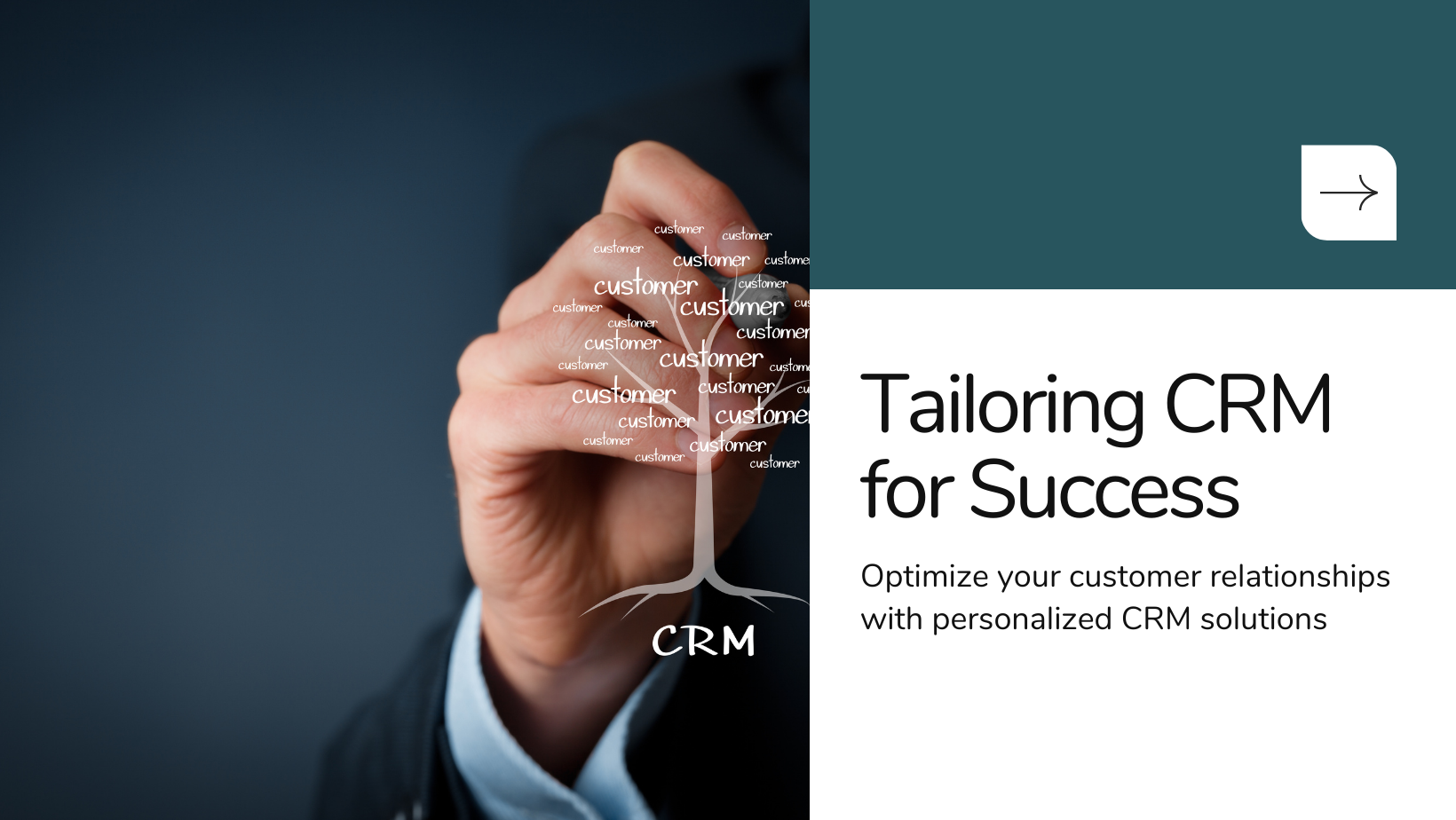In the competitive landscape of modern business, effective sales management is crucial for achieving sustainable growth and maximizing revenue. CRM systems play a pivotal role in streamlining sales operations, enhancing customer relationships, and empowering sales teams to achieve their targets efficiently. This blog delves into the transformative impact of CRM on sales management, highlighting key benefits, strategies, and best practices for leveraging CRM to drive business success.
Understanding CRM in Sales Management
1. Centralized Customer Data and Insights
CRM systems serve as centralized repositories of customer data, capturing interactions, preferences, and purchase history across various touchpoints. By consolidating this information into a unified view, CRM empowers sales teams to gain valuable insights into customer behaviors, preferences, and needs. This comprehensive understanding enables personalized sales engagements, targeted marketing campaigns, and strategic decision-making based on data-driven insights.
2. Sales Process Automation and Efficiency
CRM automates routine sales tasks such as lead generation, prospecting, follow-ups, and pipeline management. Workflow automation ensures timely follow-ups, task reminders, and personalized communications, reducing administrative burdens and allowing sales representatives to focus on high-value activities. By streamlining workflows and eliminating manual processes, CRM enhances productivity, accelerates sales cycles, and improves overall efficiency within sales teams.
Benefits of CRM in Sales Management
1. Improved Sales Forecasting and Predictive Analytics
CRM systems leverage predictive analytics and AI-driven insights to forecast sales trends, identify opportunities, and anticipate customer needs. By analyzing historical data and market trends, CRM enables accurate sales forecasting, empowering sales managers to allocate resources effectively, set realistic targets, and mitigate risks proactively. Predictive analytics also facilitate strategic planning and decision-making, optimizing sales strategies to capitalize on emerging opportunities and market shifts.
2. Enhanced Customer Engagement and Relationship Management
CRM enhances customer engagement by enabling personalized interactions based on individual preferences, purchase history, and behavioral data. Sales representatives can tailor their approach, recommend relevant products or services, and address customer inquiries promptly, fostering stronger relationships and building customer loyalty. Real-time data updates and insights empower sales teams to deliver timely, relevant communications that resonate with prospects and customers throughout the sales journey.
Implementing CRM for Effective Sales Management
1. Customizing CRM for Sales Processes
Tailor CRM functionalities to align with specific sales processes, workflows, and business objectives. Customize data fields, sales stages, and reporting dashboards to capture relevant metrics, track sales performance, and monitor key performance indicators (KPIs). Integrate CRM with existing sales tools, such as email marketing platforms and sales automation software, to create a seamless sales ecosystem that enhances collaboration and data visibility.
2. Training and Adoption
Provide comprehensive training and support to sales teams on using CRM effectively. Offer workshops, tutorials, and ongoing coaching sessions to familiarize users with CRM features, best practices, and productivity tips. Foster a culture of continuous learning and adoption to maximize the ROI of CRM investments and ensure alignment with sales management goals and objectives.
Measuring Success and Continuous Improvement
1. Tracking Metrics and Performance
Monitor and analyze key metrics, such as conversion rates, lead-to-close ratios, sales cycle length, and customer retention rates, to assess the impact of CRM on sales management. Use CRM analytics and reporting tools to generate actionable insights, identify areas for improvement, and refine sales strategies based on data-driven findings. Continuously optimize CRM configurations, workflows, and user experiences to enhance sales performance and drive continuous improvement.
2. Scalability and Growth
Scale CRM implementations to support business growth and evolving sales needs. Regularly update CRM systems, integrate new functionalities, and explore advanced capabilities offered by CRM vendors to stay competitive and agile in a dynamic marketplace. Leverage CRM as a strategic asset that adapts to organizational changes, market trends, and customer expectations to drive long-term success and sustainable growth.
Conclusion: Leveraging CRM for Sales Excellence
CRM systems represent more than just a technology solution—they are integral tools that empower sales organizations to streamline operations, optimize sales processes, and deliver exceptional customer experiences. By harnessing the power of CRM for sales management, businesses can achieve higher productivity, increased revenue, and stronger customer relationships in a competitive business landscape.
As businesses navigate the complexities of sales management, Sodio Technologies remains committed to delivering innovative CRM solutions that drive business growth, enhance operational efficiency, and elevate sales performance. Embrace the transformative impact of CRM on sales management to unlock new opportunities, foster organizational success, and lead with excellence in the digital age.







